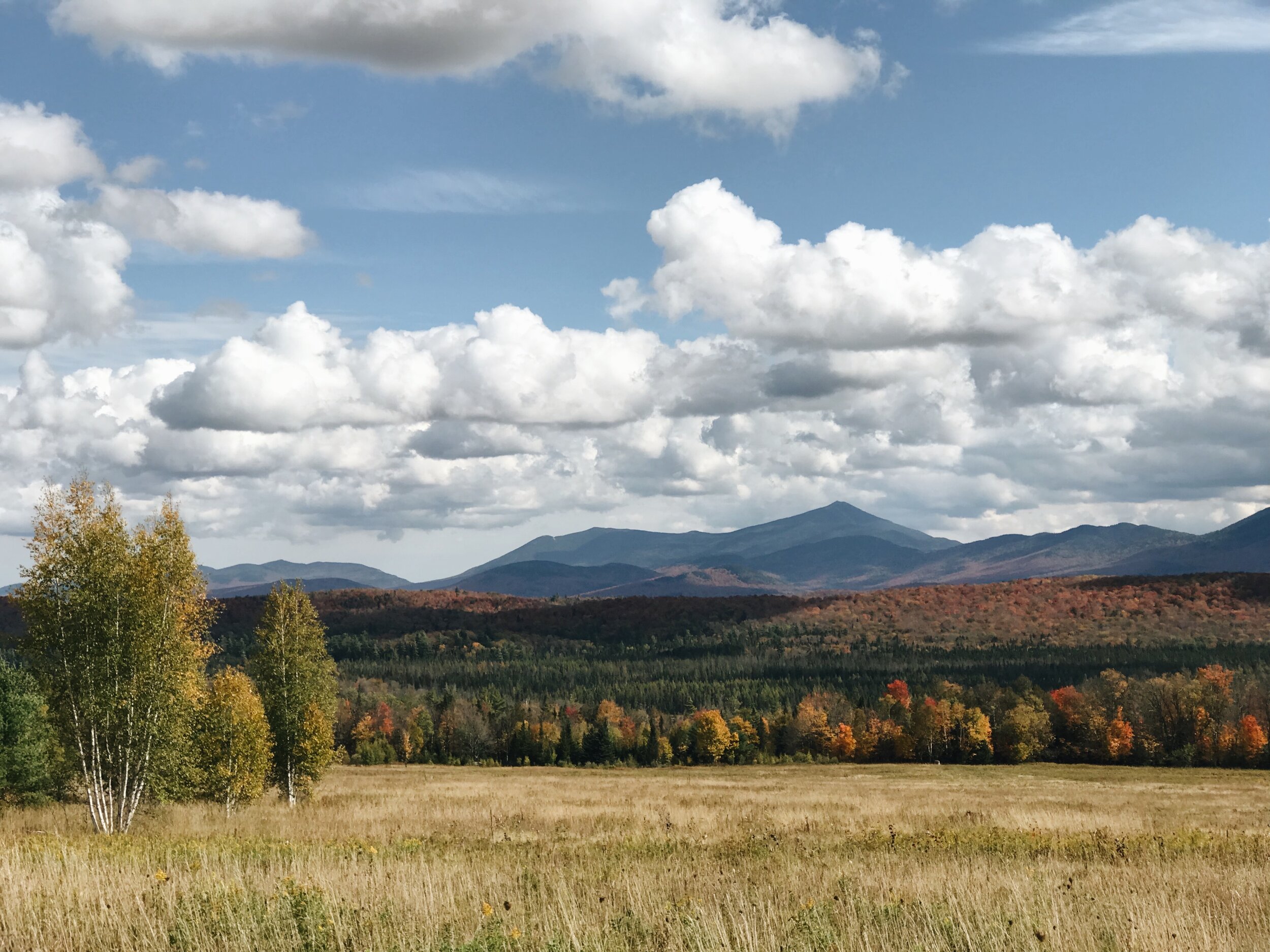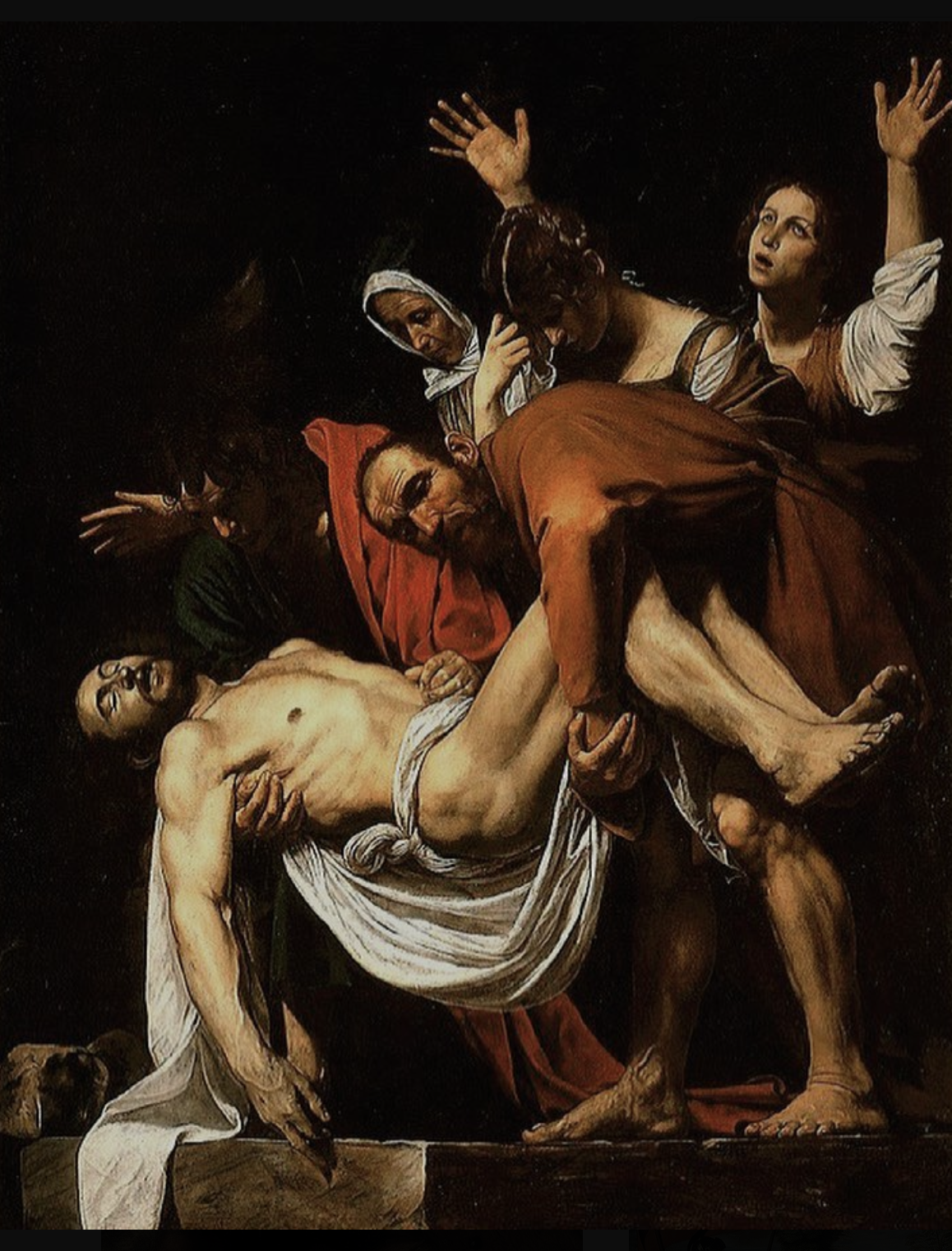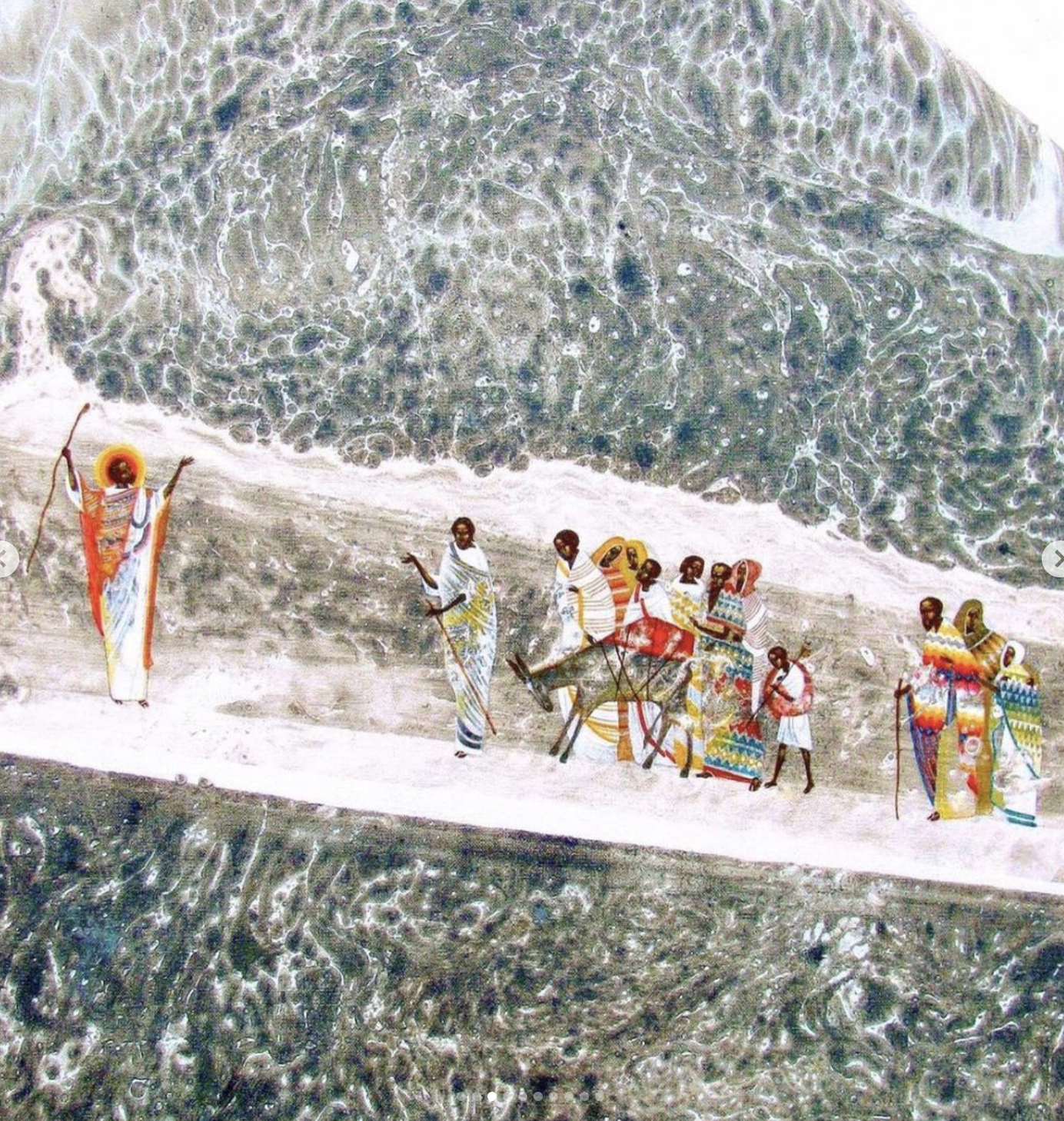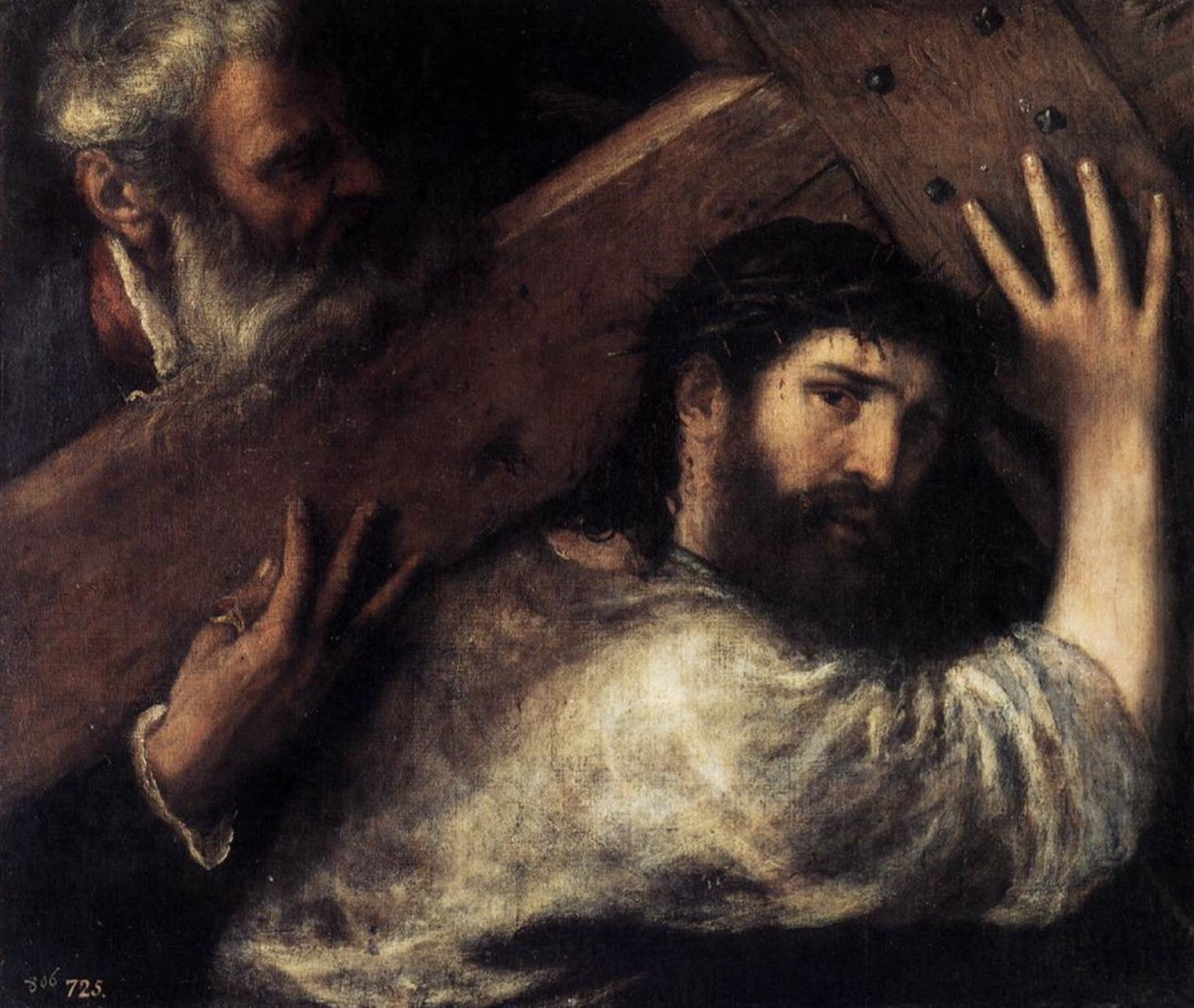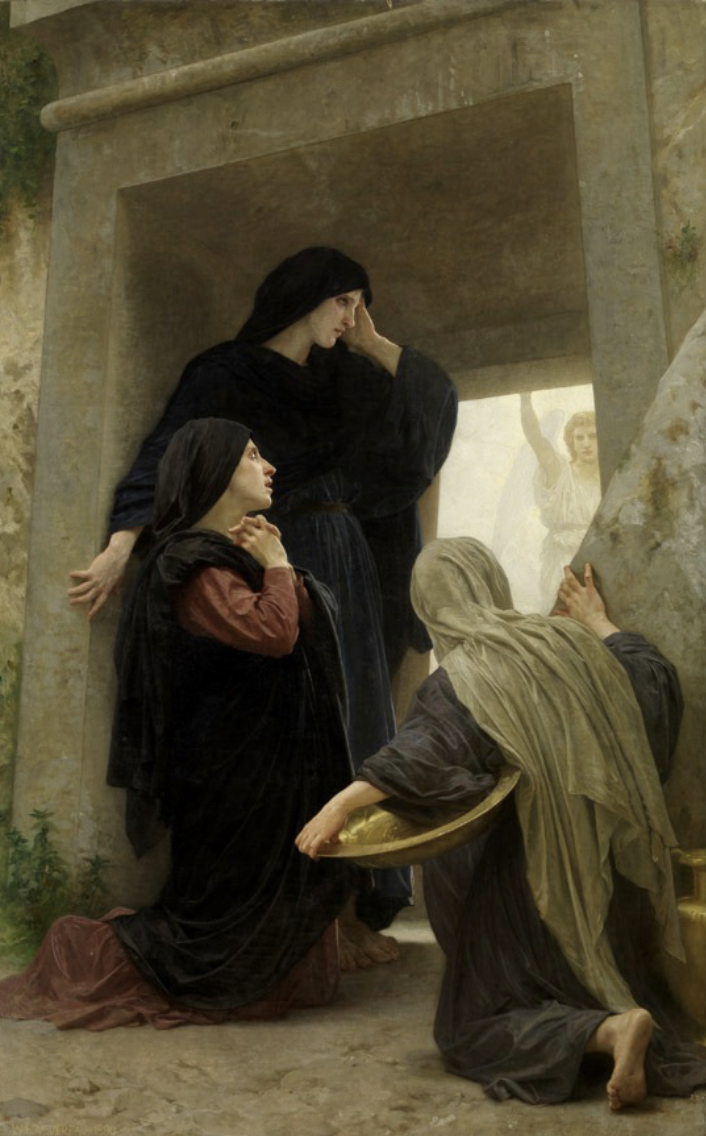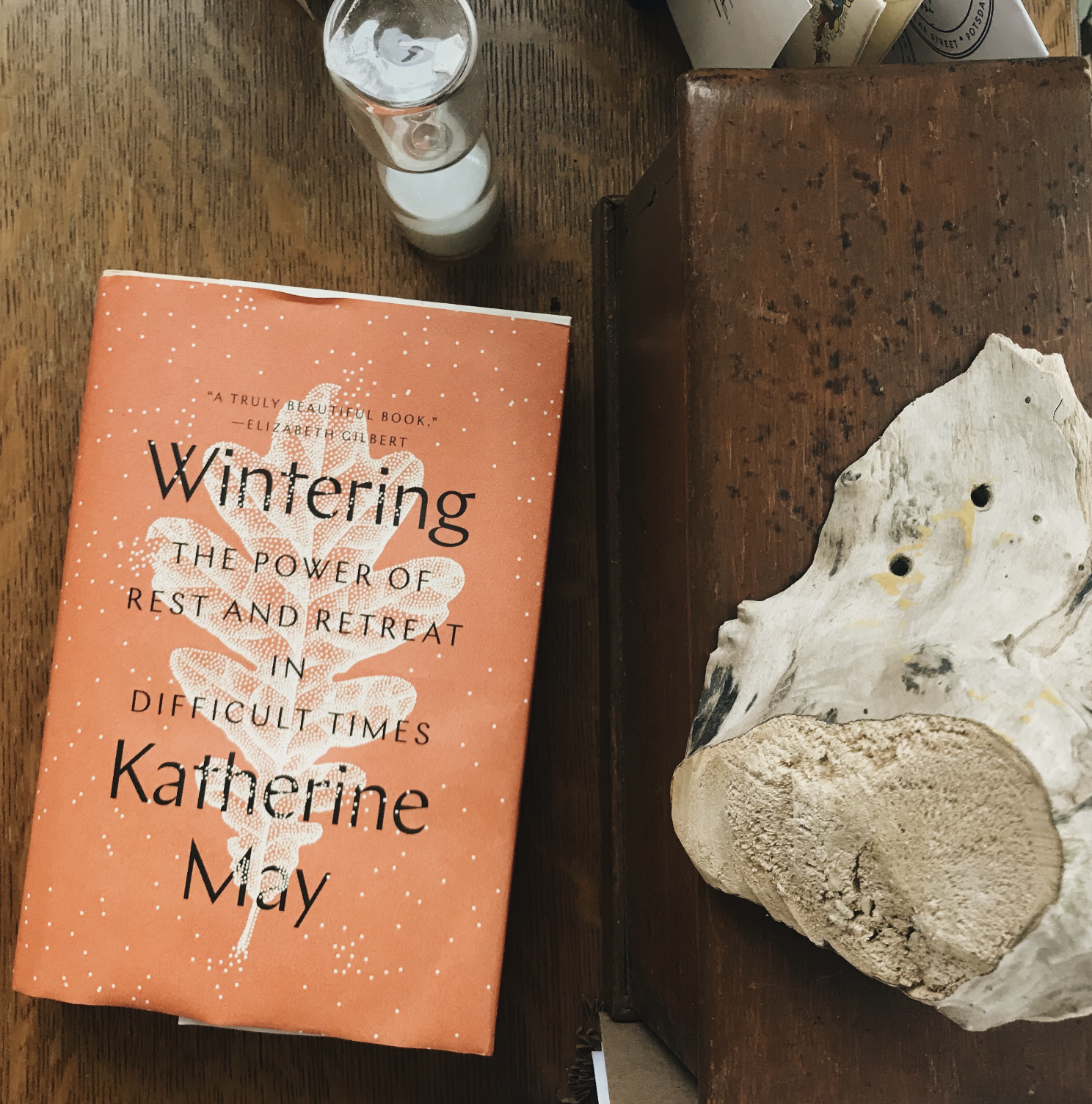Practicing Resurrection in Grave-clothes
After almost fifteen years of skirting around seminaries, Masters of Divinity programs, or counseling programs, I finally landed on a program that mixed my deep gladness and the world’s great hunger (Beuchner). I began the program in August and it has been a steady stream of Dallas Willard, James K.A. Smith, Wendell Berry, Ignatian spirituality, and more. My theology and brain are being stretched, as is my schedule. I tend toward deep work instead of broad work, meaning I function best when I can start and finish the same book without picking up another, but that isn’t an option these days. Instead, I find myself asking the Holy Spirit often: help me retain this content in a formational way instead of merely an informational way.
One of our texts is a book I have had on my shelves for several years, one I’ve picked up intermittently but not given myself fully to yet. It’s called The Critical Journey, and if you’re at all familiar with stage theory from the field of psychology, parts of the book may feel familiar or foundational. It’s not necessarily new information for the widely read person, but depending on when you read it, it may resonate with you differently. The authors make the case that there are generally six stages to our faith journey.
The recognition of God
The life of discipleship
The productive life
The journey inward
The wall
The journey outward
The life of love
If you’re a self-aware person, you can probably pinpoint where along that spectrum your spiritual journey is currently. If you’re like a sponge right now, drinking up everything and learning a lot, probably stage 2. If you’re wringing yourself out, though, producing much and seeing much fruit, you’re probably around stage 3, and so on. The authors also offer that many believers are “caged” at specific stages, too, meaning they haven’t learned to trust God with the next stage enough to move through and risk what might be lost and so what was good about their specific stage, now turns sour.
This idea of “caged stages” in our spiritual life is a really interesting one to me. Some of the most frustrating times in my spiritual life have been when I have felt stuck or when those I’m around seem stuck. There seems to be an unwillingness to learn, grow, change, or experience different or new ways of seeing God or ourselves. And usually that unwillingness is rooted in a fear of losing control. Losing control of ourselves, losing control of our environment or institution or vocation, or losing control of how others perceive us. What this reveals is that, in some way, we found our identity in this stage and not in God himself. We found a niche in being the person who was always learning or always producing or always deconstructing, etc., and we became afraid that if we moved into a new or different space, that our worth would be lost.
When I began reading, I was able to mark specific years of my life and which stage I was in during those years. Someone else’s life may not mirror the stages as the authors laid them out (and they make allowance for that), but mine mostly have. When I came to stage 4 (the journey inward), I was able to see myself clearly there right now. But when I came to The Wall (a subset of stage 4), I knew that’s exactly where I was. This line captured it for me precisely:
“We must come to terms with ourselves and face to face with God, no matter how differently God emerges in comparison to our expectations and teachings. This comes as a very humbling experience. It is difficult for spiritual leaders to become that vulnerable and face it. Spiritual pride is difficult to face, especially when in a position to lead others.”
I have almost in a detached way, observed the spaces I’ve inhabited vocationally over the past ten years become spaces I no longer want to inhabit, including, in some ways Sayable. I know enough about myself to not immediately go and delete twenty years of writing in this space, but I have watched myself growing more detached from it. I don’t find my identity in it—or writing—anymore. The truth is that I have had a lot of spiritual pride in my vocation and writing. Part of recognizing that and repenting for it, has meant I don’t want to lead others with my writing or voice much anymore. I don’t trust my voice in a way I have in the past.
Part of that is good because my voice was never as trustworthy as God is.
Part of that isn’t good because like it or not, writing is what God has called me to and trusting my voice is a part of that vocation.
A few years ago, as I was wresting with some Big Theological Conundrums and whether or not to write about them, my friend Seth Haines encouraged me to bring my readers along on that journey with me instead of dropping huge changes upon them all at once. That seemed to me really good advice and also really scary advice. It meant trusting three entities.
I had to trust you, my readers, that you wouldn’t think I’d lost my marbles and gone rogue.
I had to trust myself, that this journey was going somewhere, and not just swirling around a drain.
And ultimately, I had to trust God, that he would bring me through. That there would be another side to this wrestling and that other side could actually be a space of blessing and not the cursing I imagined.
I am 100% convinced that the church needs more people who actively wrestle publicly. All three of those words are important and none are less important that the others. Actively, meaning it is not passive or indifferent, but it is worked through, always moving toward something. Wrestle, meaning it is not clean or pretty or polished or without pain. And public, meaning it is not always hidden. There is a space for wrestling in the dark, as Jacob did with the angel of God. But there is also a need for public witness of not only what God has done, but what he is doing and what he has not done yet. All three of those are scary spaces to inhabit. To wrestle actively means to invite pain, to wrestle publicly means to invite critique—and to receive critique while also in pain can be a bewildering experience. It has been for me.
I’ve lost a lot the past few years, as I’ve been slowly trying to bring readers along as God brings me along. Nate described it to me last year as a sort of changing of the guard. I am not a numbers girl anymore, but when I had to check analytics for book proposal purposes, I saw a very steady decline of readers and followers aligning precisely with moments when I said not this but that. I’m not saying that to gain pity at all, but to simply say there is a cost for actively wrestling publicly and I haven’t always wanted to risk it. I still don’t.
But what The Critical Journey is helping me realize is that unless I move through this stage, I will remain caged in it. Unless I risk the humiliation of my spiritual pride—pride in what I knew or what I could do—I will only keep my eyes fixed on me and not God. I will always be afraid of what I’m going to lose instead of looking toward how God redeems. Two of my spiritual heroes both penned the words “Practice resurrection” (Wendell Berry and Eugene Peterson), and I don’t suppose there’s any hope of resurrection without some death first.
What does that mean for me here in this space or other spaces or in my own life? I honestly don’t know. I’m not fooling you reader, pulling you along for some gotcha moment. I truly don’t know. But outside it is raining and the autumn chill is settling into our bones, the leaves are falling as steady as the rain, and winter is coming. It always feels like a risk, doesn’t it? Winter? As if the death will never end.
But what is practicing resurrection if not faith in what we know but what is still unseen?


